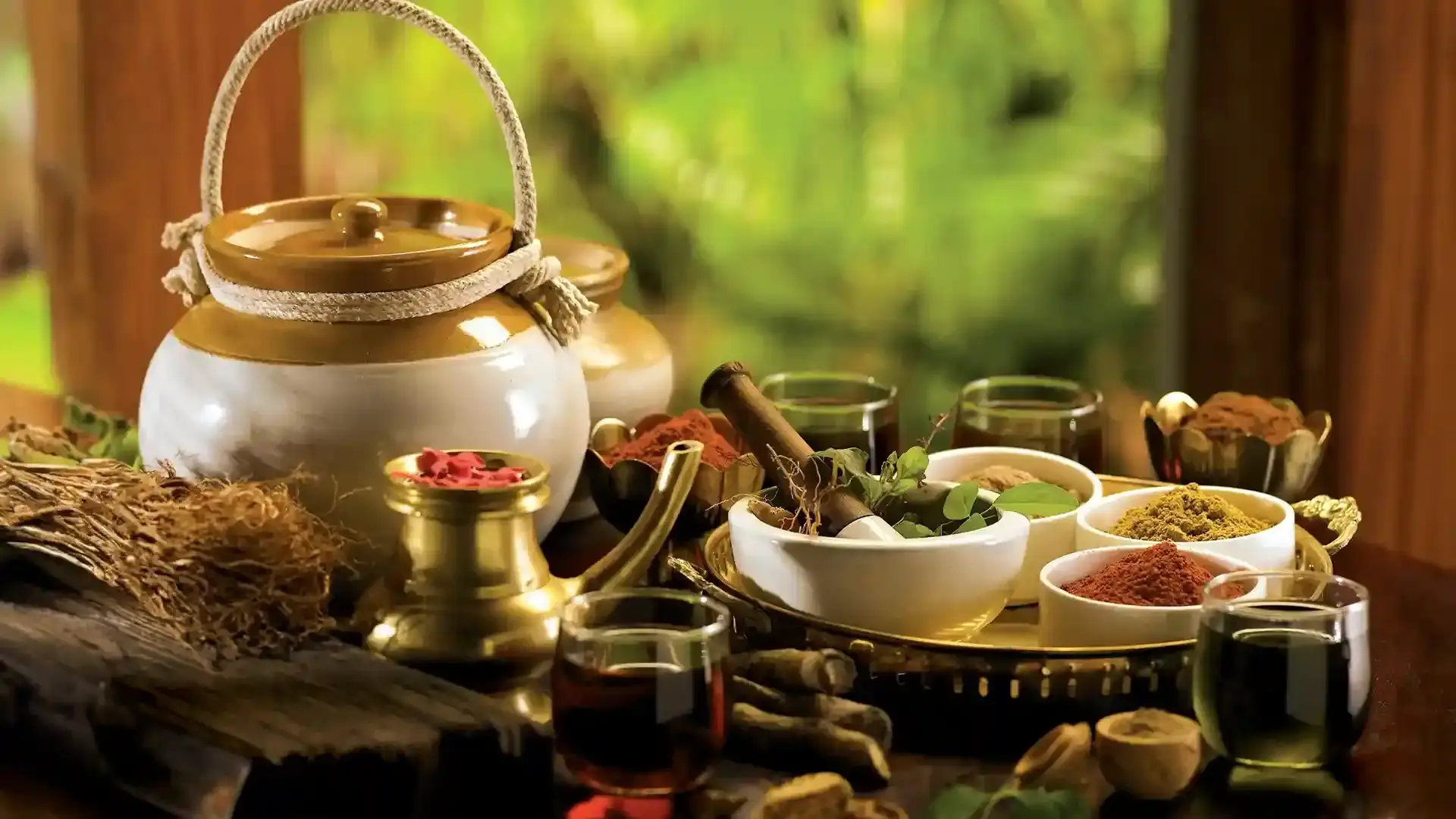How Ayurveda Courses Help International Students Start a Holistic Health Practice
Wellness Career
India’s ancient medical science, Ayurveda, was the one that was relied upon for natural healing of body, mind, and spirit throughout thousands of years. Presently, as the world is moving to a wellness-based lifestyle, this healing wisdom from the past is becoming the source of careers in the health industries worldwide. A foreign student learning Ayurveda is not only getting a degree, but he is getting a way of transforming human life through holistic care.
World Turning to Natural Healing
All over the world, individuals are increasingly skeptical of the effectiveness of chemical drugs and thus seek mild and eco-friendly health remedies. The main reason why Ayurveda is appealing is its belief that ultimate healing is obtained by a harmonious lifestyle, diet, emotions, and nature. It is because of this that a large number of students from the USA, Europe, Africa, and Asia have chosen to study authentic Ayurveda Courses Kerala. The supply of providers is becoming insufficient as the wellness centers, yoga resorts, and the like are getting more and more luxurious.
Study Choices Leading to a Career
One can be educated in Ayurveda through different educational programs such as a diploma, a degree, or an advanced certificate. Students learn a wide range of topics, including:
● Basic knowledge of the human body and functions from an Ayurvedic point of view
● Herbal medicine preparation and drug administration
● Ayurveda dietetics and digestive wellness
● Panchakarma Training India – detoxification and rejuvenation therapies
● Stress-relief therapies, oil massages, and body treatments
● Clinical diagnosis through pulse reading and dosha analysis
Hands-on experience at a well-known center like Ayurvedic Treatment Center Kannur enables students to acquire the necessary skills for future fieldwork.
Deep and Authentic Learning for Real Expertise
One of the features that sets apart Ayurvedic training is the student’s involvement in learning. They can visit the herbal garden. All these activities help them better understand and practice the Ayurvedic way of life, which is an integral part of their professional success.
Become a Holistic Health Certified Practitioner
With the help of Ayurveda, students can be the future advisors, educators, and therapists in the field of wellness. Their mission is not only to treat-they also show people the way to happier, healthier lifestyles.
Skills students gain include:
● Personalized wellness planning based on dosha
● Use of herbal remedies and plant-based medicine
● Counseling skills for emotional well-being
● Integrating yoga and body therapies such as Shirodhara Panchakarma Treatment
Most of the time, students of Ayurveda Diploma Programs choose to combine Ayurveda with careers such as yoga, fitness, naturopathy, and spa therapy for career diversification and widening.
Career Opportunities Worldwide
After training, drawing from a variety of professional avenues, students may select:
● Private practice in Ayurveda
● Detox and healing programs based on Panchakarma Detoxification Therapy use
● Spa, retreat, and resort wellness services
● Health coaching, both onsite and online
● Collaboration with yoga studios – promoting Yoga and Ayurveda Education
● Publishing wellness content and organizing workshops globally
By Ayurveda, students get a highly valuable mission—to lead communities towards a well-balanced and disease-free way of living.
Healing Connecting Different
Cultures
Studying Ayurveda in India enables students to take in a totally different culture, which is deeply traditional and wise. When they go back, they become the natural healthcare leaders – they educate others and make ancient healing easy for everyone worldwide.
A Purposeful Career
Ayurveda harmonizes the past with the present wellness world demands. It is an international student’s gateway to a noble profession rooted in nature and compassion. Regardless of whether one is a practitioner, therapist, or wellness entrepreneur, Ayurveda is a rewarding way that, at every step, makes the world healthier.


